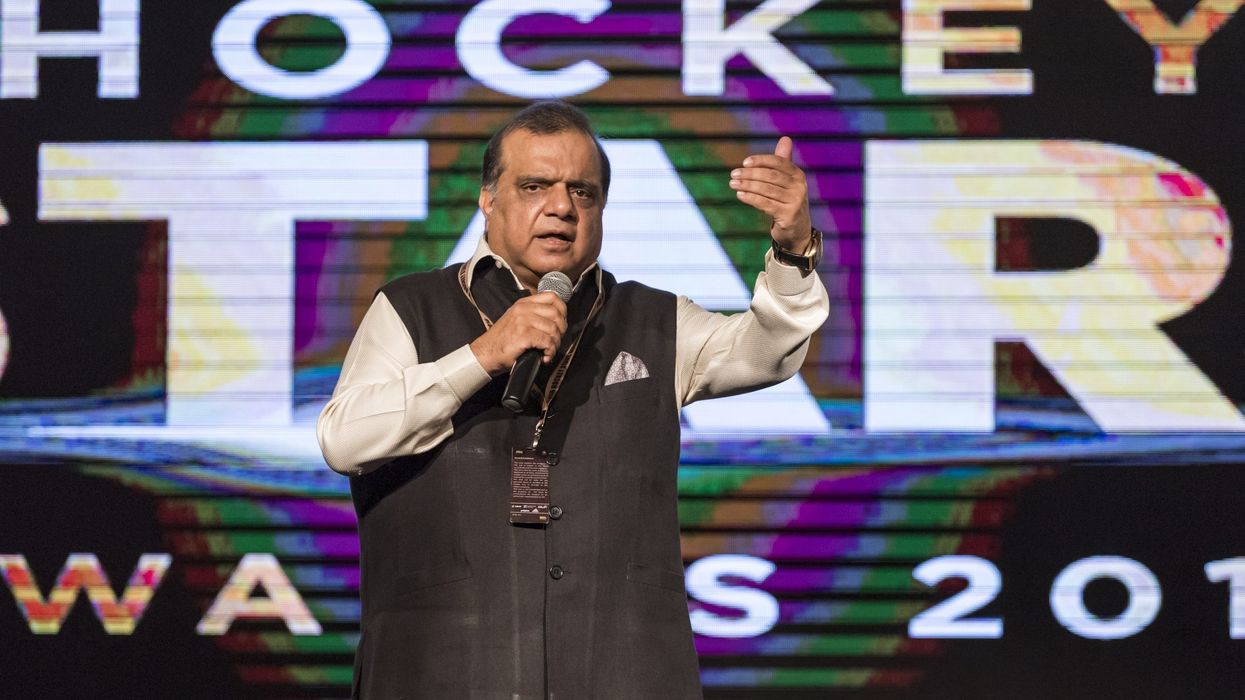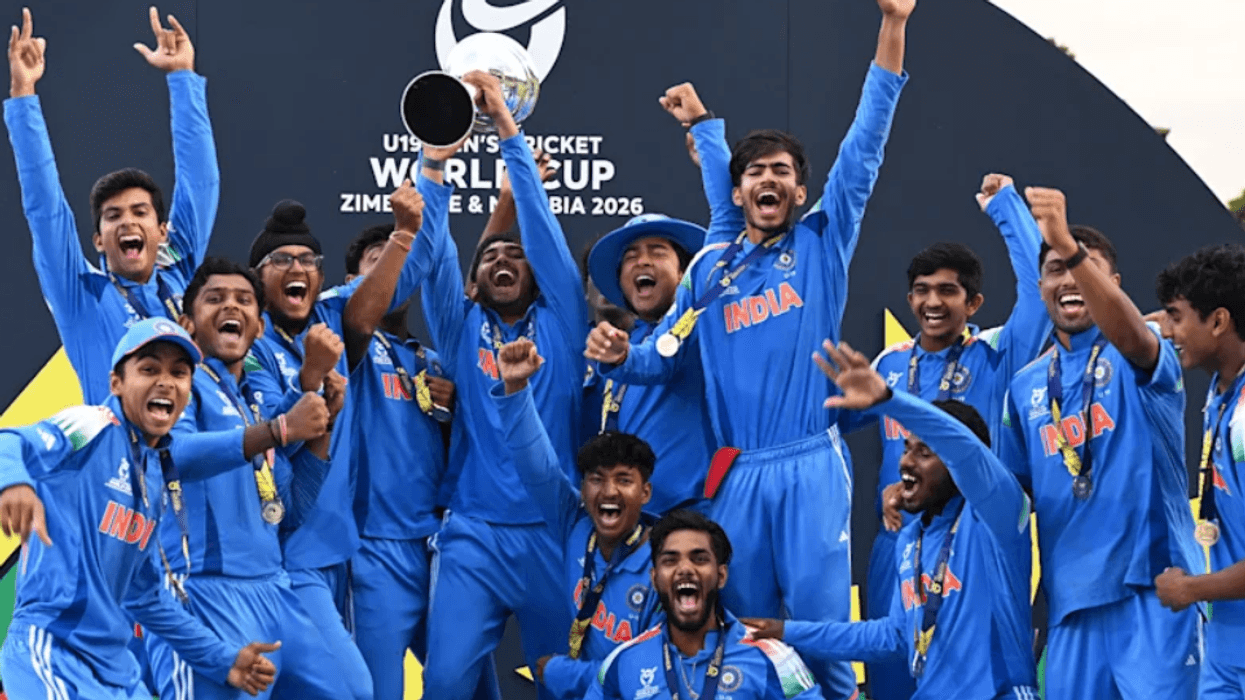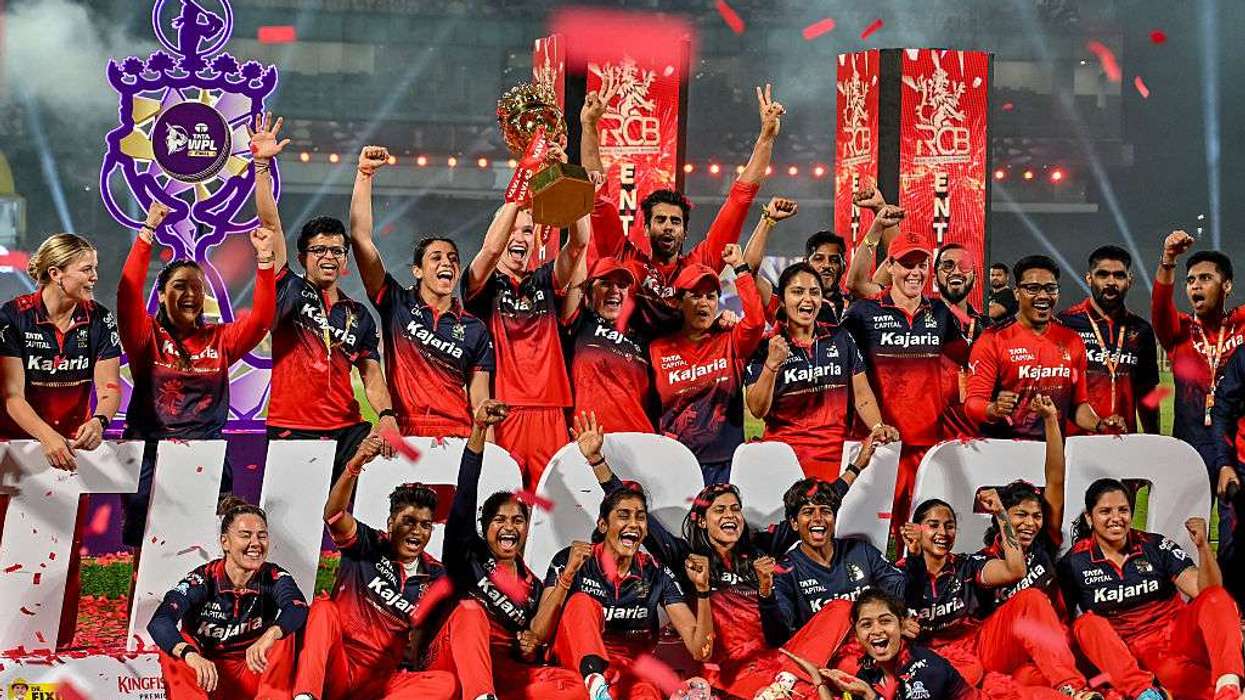India's Olympic contingent will be fully vaccinated by early July ahead of their journey to Tokyo for the Games, the country's top sports official Narinder Batra told AFP.
India will send nearly 200 athletes, coaches and support staff to the Tokyo Games scheduled to run from July 23 to August 8 after last year's event was postponed due to the coronavirus pandemic.
"We had requested that all the national sports federations get their athletes vaccinated even though the IOC (International Olympic Committee) says it is not mandatory," the Indian Olympic Association president said.
"But we want our athletes to be safe and they should also be safe for others."
Batra said half of the contingent was partially vaccinated and the other half had received both doses.
"So by the first week of July the entire contingent -- athletes plus officials -- should be double vaccinated," he added.
Batra's comments come two days after his association dropped Chinese kit sponsor Li Ning following a public backlash when the uniforms were unveiled last week.
Tensions between India and China worsened after a deadly border encounter in June 2020. The clash sparked calls in India for a boycott of Chinese products and companies.
"We went by the public opinion that was formed on social media after that (kit unveiling)," Batra added.
"If we could find a sponsor before the end of June when things will need to close, then we will have one. Otherwise it remains unbranded."
China's foreign ministry spokesman Wang Wenbin on Wednesday called on India to "avoid politicising issues".
- High hopes for hockey -
While the pandemic had made it harder for athletes to prepare for Tokyo, Batra said competitors from all nations faced the same challenges, making it a "level-playing field for all".
He stuck to his prediction that India would take home at least 10 medals from the Summer Games.
"Our athletes have been going on in their bio-bubbles or wherever they are training overseas. So there's no effect on our medal prospects and how we feel -- that is, double digits."
Four years ago, the team came home from Rio with just two medals, with badminton champion P.V. Sindhu clinching silver and wrestler Sakshi Malik winning bronze.
Batra, who was re-elected president of the International Hockey Federation last month, did not nominate the sports he thought would win gold, silver or bronze.
But he expressed high hopes for the men's and women's field hockey teams.
The men's team -- the most successful in Olympic history -- has won eight Olympic golds, but have not finished in the final four since 1980.
The women's team has not won a medal since the sport became an Olympic event in 1980.
"I expect the men's team to definitely win a medal and I call the women's team a dark horse as they can be world beaters on any day," he said.




